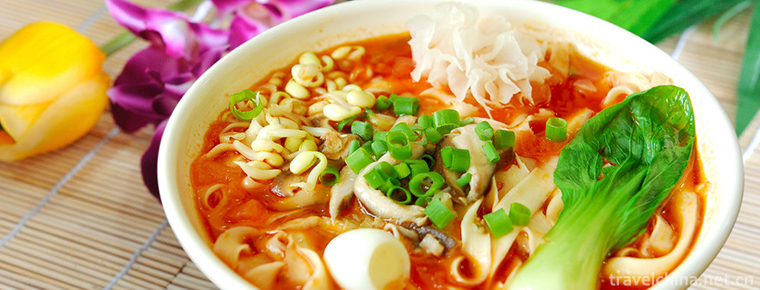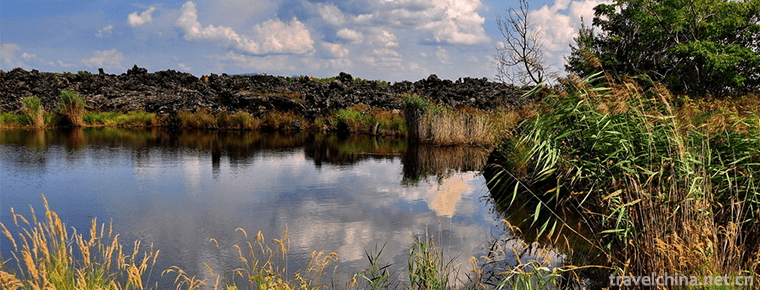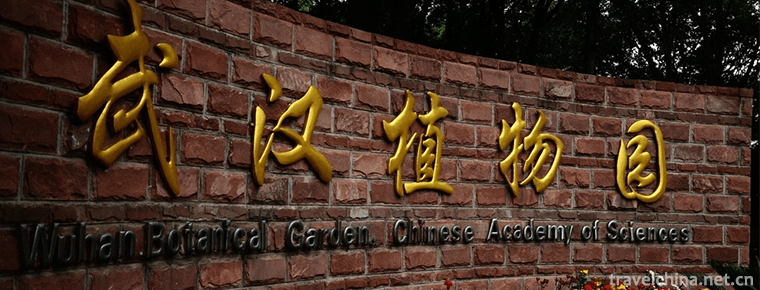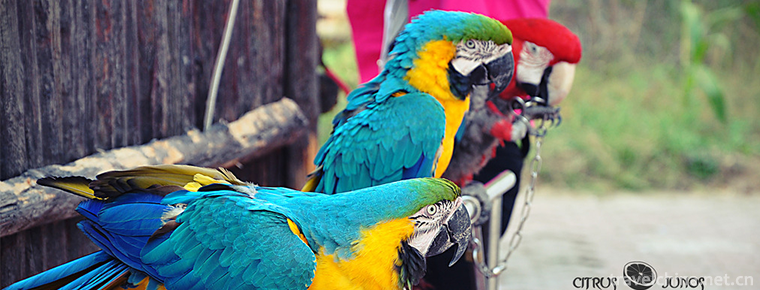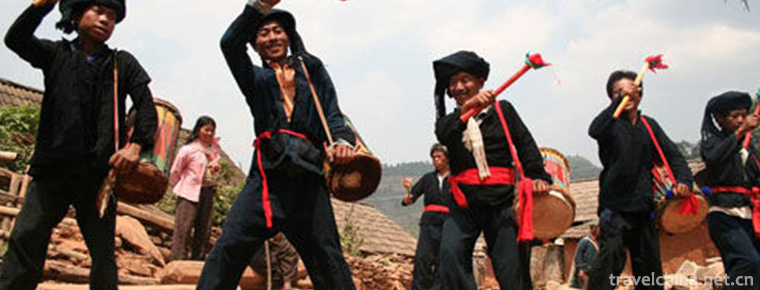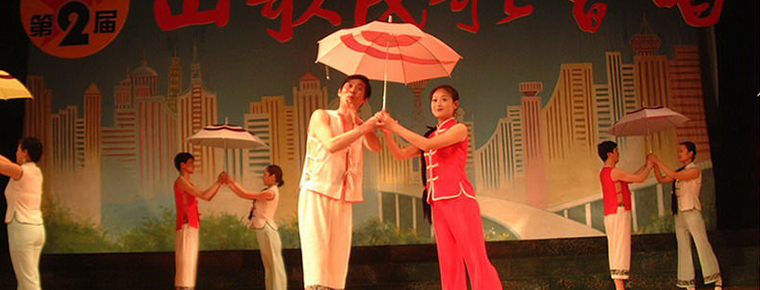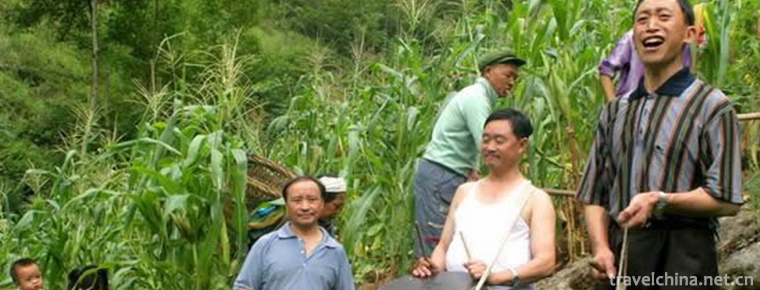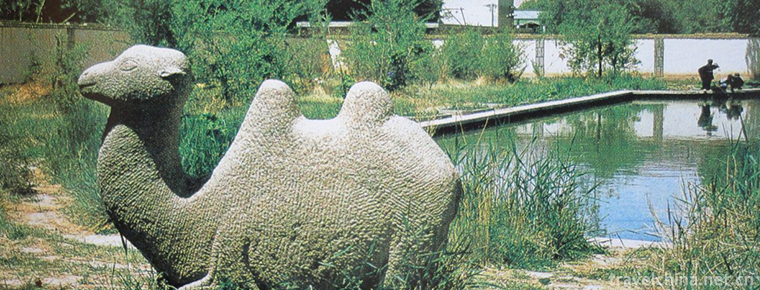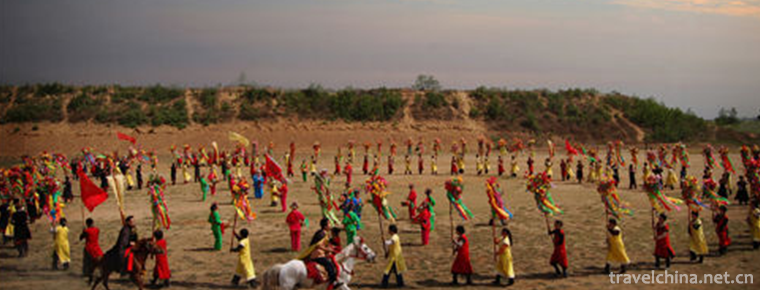The Religion and Customs of Baosheng Emperor
The Religion and Customs of Baosheng Emperor
Baosheng Emperor, also known as Wu Zhenren, was born on March 15, 1979, in Baijiao Village, Tong'an County. Since his childhood father died of illness, he was determined to study medicine, visited famous teachers all over the world, devoted himself to research and become a family of his own. Later in Haicang Qingjiaoqi Mountain, Longxue pit side of Lulu, drilling wells and springs, extracting medicines and alchemy, practicing medicine to save the world. It is famous in southern Fujian for its excellent medical skills and noble medical ethics. Song Jingyou died on the second day of May in the third year (1036). He was 58 years old when he went up to the mountain to collect medicines and fell off a cliff. Folk people in southern Fujian expressed their gratitude and offered sacrifices to Longhuang Temple next year by the side of Longhuang pit. During the Shaoxing period of Southern Song Dynasty, the court approved the establishment of temples (i.e. today's Qing and Baijiao Tzu Chi Palace), and in the second year of Qiandao (1166) Song Xiaozong granted "Tzu Chi". In the third year of Song Tiansheng (1025), the emperor was praised as "the miraculous Taoist real man of imperial history, and in the seventeenth year of Yongle in Ming Dynasty (1419), he was named"the great life-preserving emperor"and was commonly known as"the Dao Gong"among the people.
The belief of Baosheng Emperor has been spreading among the people for nearly a thousand years. There are more than 500 temples in Taiwan alone, and the custom of belief has gradually formed. These beliefs and customs are mainly praying for medicine sticks, inquiry sticks and sacrificial activities such as inviting gods, begging for fire, dividing stoves, entering incense, and traveling around the border. Every year on March 15 of the lunar calendar, the celebration of the great life-preserving emperor, including more than 1,000 temples in southern Fujian, Taiwan, Southeast Asia and Guangdong, gathers at the Tsing Chi Palace, which is grand, grand and exciting, like a carnival.
The beliefs and customs of Baosheng Great Emperor are based on the moral concepts of advising the good and abstaining from evil, helping the weak and treating the sick and saving the people. They play an obvious role in promoting people's health, social stability and harmonious coexistence. Health-preserving Emperor is the health Guardian God of tens of millions of people in southern Fujian and Taiwan. His unique beliefs, customs and healthy, Tzu Chi and harmonious cultural spirit are important components of the culture of southern Fujian and Chinese culture. The medical prescriptions in his medicine label, which have lasted for thousands of years, are rare legacies in the treasure house of traditional Chinese medicine of the motherland.
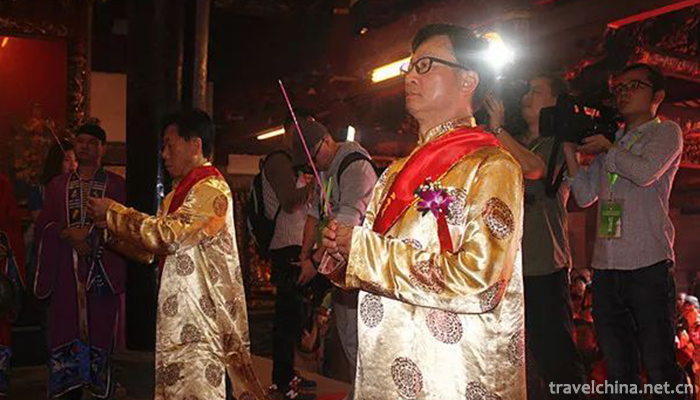
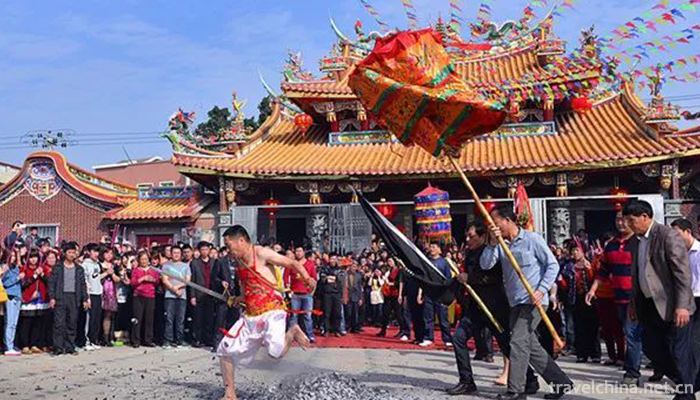
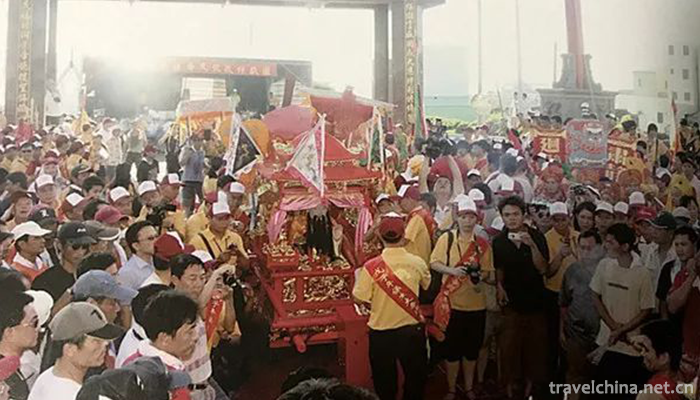
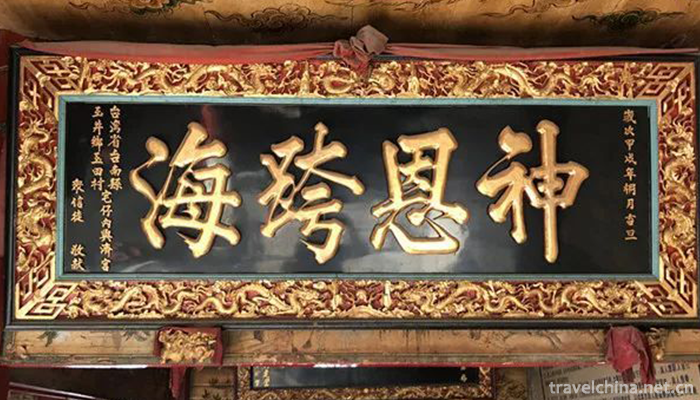
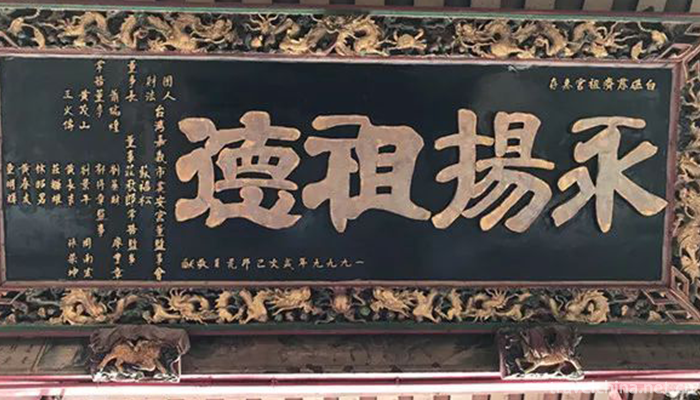
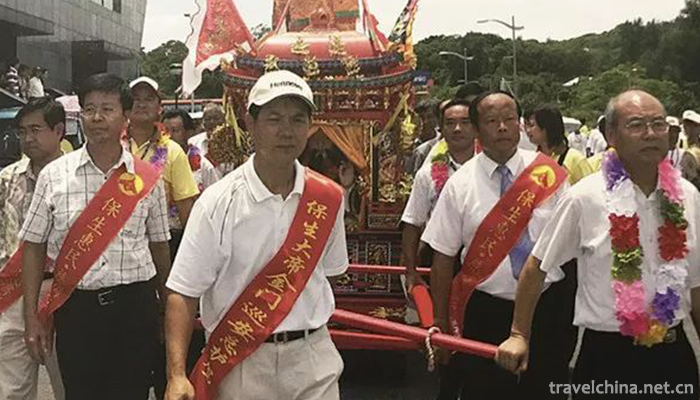
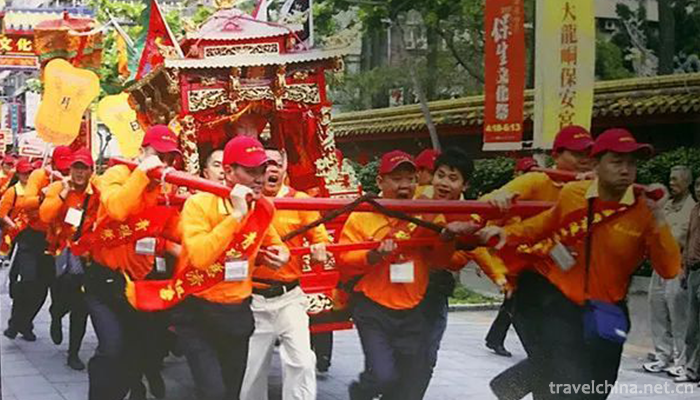
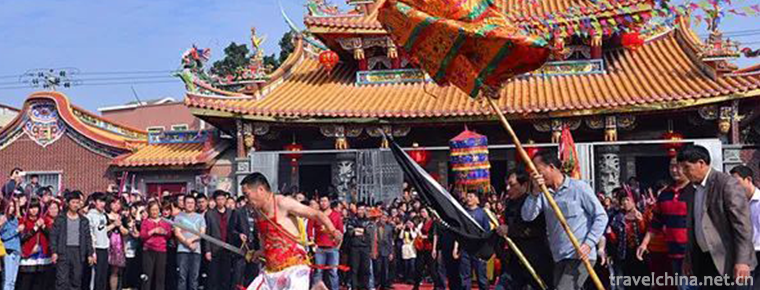
The Religion and Customs of Baosheng Emperor
-
Alice tomato noodles
The Ali brand was born in 2001 and officially launched in 2005. The brand popularity and honor of Ali Juice Noodle series products are constantly improving
Views: 258 Time 2018-11-26 -
Jingpo Lake
Jingbo Lake: National AAAAA-level tourist attractions, World Geopark, National Key Scenic Spots, International Ecotourism Resort, National Civilized Scenic Spots Demonstration Sites
Views: 312 Time 2018-12-05 -
Wuhan Botanical Garden Chinese Academy of Sciences
Wuhan Botanical Garden of the Chinese Academy of Sciences is located in Wuchang District, Wuhan City, Hubei Province, China. It is a comprehensive scientific research institution integrating scientifi
Views: 150 Time 2018-12-22 -
Beijing Wildlife Park
Beijing Daxing Wildlife Park is located in the 10,000 Mu forest of Yuyuan Town, Daxing District. It is a large natural ecological park with animal protection, wildlife domestication and breeding and p
Views: 120 Time 2018-12-26 -
Butterfly Bucket Encouragement of the Browns
Buzz drum dance is a kind of collective dance of men and women of ancestral origin. It has great improvisation. There are two kinds of dance methods: He Xinfang and
Views: 327 Time 2019-04-04 -
Haimen mountain song
Haimen Mountain Opera is a traditional opera popular in Haimen area of Nantong, Jiangsu Province. It originated from Haimen Mountain Song and developed into
Views: 371 Time 2019-05-02 -
Grass grass drums and drums
Grass gongs and drums, also known as grass chants, are commonly known as "hilarious songs". It is a unique form of folk song art. It is a kind of Tujia folk song that the
Views: 146 Time 2019-05-02 -
Legend of Camel Spring
Camel Spring is a provincial key cultural relic protection unit and a patriotic education base. Located in Jiezi Township Unity Village, with convenient transportation and direct access to tertiary oi
Views: 162 Time 2019-05-15 -
Running curtain
Running curtain originated in the Spring and Autumn Period and Warring States Period, formed in the Qin and Han Dynasties, flourished in the Song, Yuan, Ming, Qing Dynasty and the early Republic of Ch
Views: 349 Time 2019-06-09 -
Longmenshan earthquake site park
This entry is lack of information column, supplement the relevant content to make the entry more complete, but also can quickly upgrade, come on! The site earthquake park includes the widely spread ruins of Xiaoyudong bridge
Views: 194 Time 2020-11-05 -
Donghekou earthquake site park
Donghekou earthquake site park, located in Qingchuan County, Guangyuan City, Sichuan Province, is the first earthquake site protection memorial site of Wenchuan earthquake. On November 12, 2008, the opening ceremony and the launching ceremony of the tourism market after the earthquake were held.
Views: 262 Time 2020-11-08 -
Plant resources in Yibin
Yibin City belongs to subtropical evergreen broad-leaved forest area, with rich plant species and diverse vegetation types. There are 435 species of arbor and shrub plants, 205 genera, 86 families, 59 species of bamboos, and 310 species of landscapi
Views: 315 Time 2020-12-18
